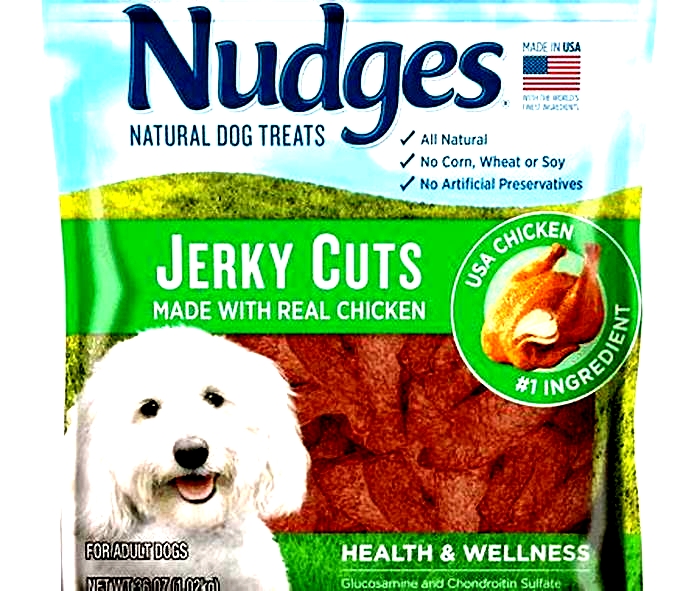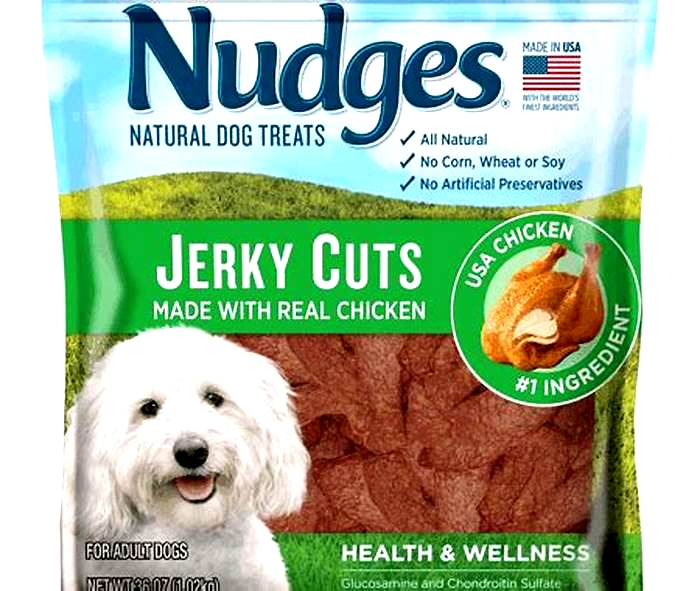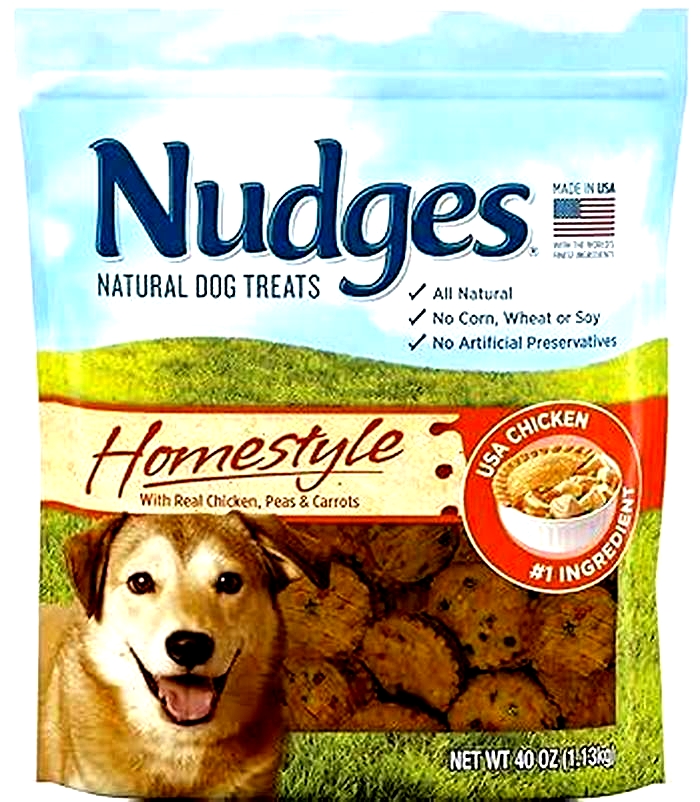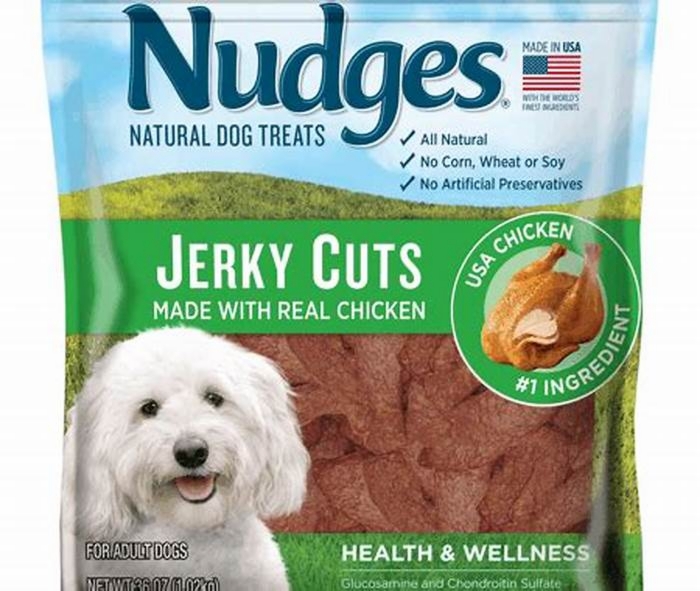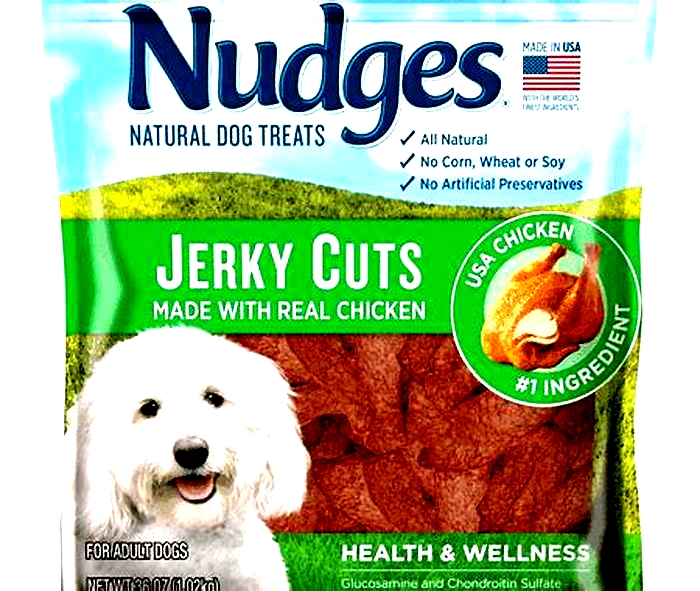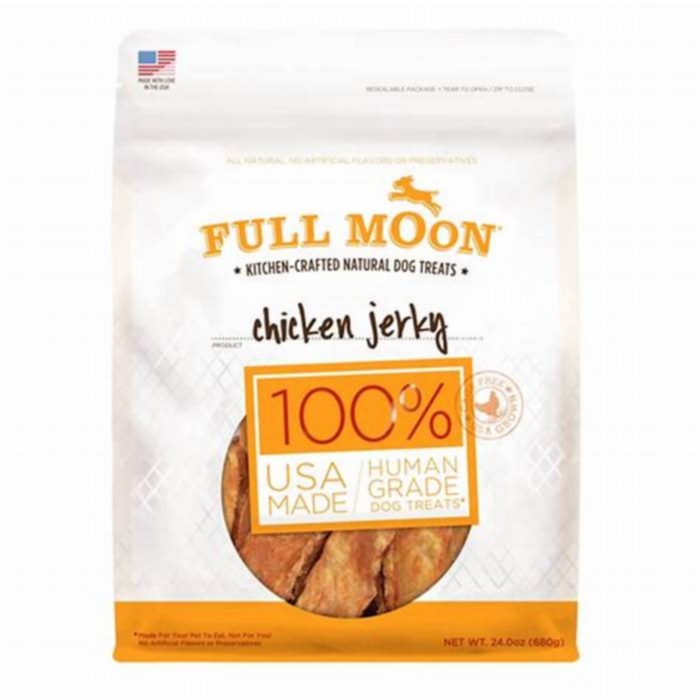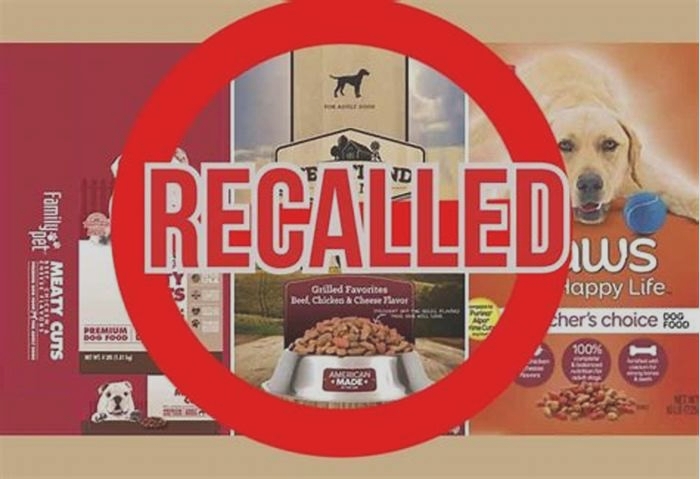greenies dog treats recall
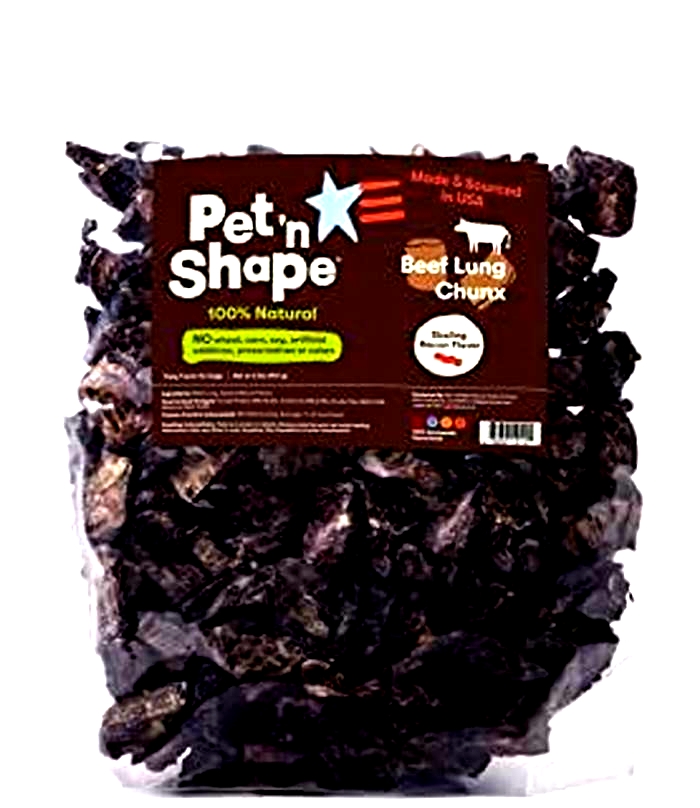
Greenies Puzzle: Insights and Safety Scoops!
Welcome to our deep dive into the Greenies controversya tale of pet health, dental treats, and the lengths to which companies and pet owners go to ensure the safety of our furry friends.
The Chew on Greenies: A Timeline of Concerns
2006: The FDA Sniffs Around
Reports emerge of pets facing intestinal blockages after munching on Greenies. The FDA steps in to investigate, turning the pet worlds attention to the potential dangers lurking in dental treats.
Post-Outcry: A Label Makeover
In response to public concern and adverse events, S&M NuTec revamps Greenies packaging to include warnings. Its a step towards transparency, but does it address the root of the issue?
The Present Chew: Still a Hard Pill to Swallow?
Recent online chatter suggests some Greenies batches could double as doggy dental destroyers due to their hardness. Are your pets pearly whites at risk?
Mars Inc. Bites Back
Mars, the current custodians of Greenies, have reformulated the treats to enhance safety and digestibility. They claim these new Greenies break down quicker, aiming to reduce the scare of blockages.
Navigating the Treat Aisle: Your Guide to Pet Dental Health
1. Understanding the Treats: Labels & Ingredients
Do Your Homework: Always read and understand the labels. If the ingredient list reads like a chemical warehouse inventory, think twice.
Real Meat, Real Benefits?: Look for treats with recognizable, quality ingredients.
2. The Hard Truth: Assessing Treat Safety
Bite Test: If the treat feels like it could break a window, its probably not ideal for your dog.
Dissolve Dilemma: Drop a piece in water. Does it soften or remain as impenetrable as a mystery novels plot twist?
3. Every Dog Has Its Day: Know Your Pet
Size Matters: A treat suitable for a Great Dane might not be the best pick for a Chihuahua.
Age and Dental Health: Senior dogs or those with dental issues might require softer options.
4. Supervised Snacking: A Safety Net
Eyes on the Prize: Always supervise your pets when theyre enjoying a treat. Its not just about choking hazards; its about ensuring theyre chewing properly.
5. The Alternatives: Exploring Other Options
Plant-Based Pleasures: Consider safer, softer alternatives. Vegetables like carrot sticks can be a great choice for some dogs.
DIY Delights: Homemade treats can be tailored to your pets needs and are a fun way to ensure their safety and health.
Final Thoughts: Chew on This
While Mars Inc. has taken steps to mitigate the risks associated with Greenies, skepticism among pet owners remainsa testament to the enduring bond we share with our pets and our relentless pursuit of their health and happiness. Remember, no two pets are alike; whats a treat for one could be trouble for another. Always prioritize your pets health, consult with a vet, and keep those tails wagging safely.
Q: Dr. McTailwagger, theres been a lot of bark about dental treats. Can you shed some light on how important dental health is for pets?
A: Absolutely! Imagine if you skipped brushing your teeth for a week, let alone a lifetime. The thought alone sends shivers down your spine, right? Our pets face similar challenges. Dental health in pets is not just about fresh breath or avoiding yellow teeth; its a cornerstone of their overall health. Poor dental hygiene can lead to periodontal disease, which can spread bacteria into the bloodstream, affecting the heart, liver, and kidneys. Its not just about avoiding a toothache; its about ensuring a happy, healthy life for our furry companions.
Q: With concerns around certain dental treats, what should pet owners look for when selecting a treat for dental health?
A: Great question! The key is balance. You want a treat thats hard enough to assist in scraping away plaque but not so hard that it risks damaging teeth or causing digestive issues. Look for products with a Veterinary Oral Health Council (VOHC) seal. This indicates the treat has been tested and proven to reduce plaque or tartar. Ingredients matter, too. Natural ingredients with anti-inflammatory and antibacterial properties, like coconut oil or turmeric, can provide additional health benefits.
Q: Are there any signs that a treat might not be suitable for a pet?
A: Definitely. First off, observe your pets reaction. If theyre struggling to chew or show disinterest, it might not be the right fit. Signs of gastrointestinal discomfort post-snacking, like vomiting or unusual stool, can also be red flags. And, of course, any changes in dental healthsuch as new chips or cracks in the teethwarrant a second look at their chewables.
Q: Theres a lot of DIY pet treat recipes out there. Any advice for pet owners looking to go the homemade route?
A: DIY treats can be a fantastic way to control what goes into your pets diet and cater to their specific health needs. The golden rule is simplicity. Start with a few basic ingredients known to be safe and healthy for pets, like pumpkin, sweet potato, or lean meats. Avoid anything toxic to pets, such as onions, grapes, and chocolate, and keep an eye on calorie intake. Creativity is your friend, but so is caution; always research an ingredient if youre unsure about its safety.
Q: With a myriad of dental care products on the market, how can pet owners make educated choices?
A: The pet care aisle can indeed feel like a jungle, teeming with products all claiming to be the best. The first step is to look beyond the packaging. Products endorsed by reputable veterinary organizations or those that have undergone scientific scrutiny stand out from the crowd. Ingredients are the heart of any product. Opt for treats with simple, recognizable components that contribute to dental health, such as parsley or mint for fresh breath, and avoid those laden with fillers or artificial sweeteners. Finally, remember that variety is the spice of lifeeven in dental care. Rotating between different types of dental care products can prevent boredom and address various aspects of dental health.
Q: Can the same dental treat work for every pet?
A: Just like humans, pets have individual needs and preferences that can make the idea of a universal solution quite far-fetched. The size and breed of your pet can significantly influence the suitability of a dental treat. Larger breeds might make quick work of treats meant for smaller mouths, deriving little dental benefit. Conversely, smaller pets might find larger treats daunting or even hazardous. Additionally, pets with specific health issues, like diabetes, require treats that cater to their dietary needs. Tailoring your choice of dental treat to your pets unique requirements is not just beneficialits essential.
Q: How does a pets overall diet affect their dental health?
A: Diet plays a pivotal role in dental health, wielding the power to either defend against or contribute to dental issues. Dry food, often touted for its dental benefits due to its abrasive texture, can help reduce plaque buildup. However, its crucial to balance this with the nutritional completeness of your pets diet. Foods rich in vitamins, minerals, and specifically those that promote dental health, such as foods containing calcium and phosphorus, can strengthen teeth and bones. Conversely, a diet high in sugary treats or carbohydrates can foster an environment ripe for dental decay and gum disease. Integrating raw bones or special dental diets can also contribute positively to oral hygiene, provided they are used judiciously and under veterinary guidance.
Q: In light of ongoing concerns about certain dental treats, what final advice would you offer pet owners?
A: Vigilance and education are your best allies. While its easy to get swayed by trends or swamped by the sea of available information, returning to the basicsquality ingredients, appropriate sizing, and vet recommendationscan guide you through making safe choices for your pet. Engaging with a community of pet owners, whether through forums, social media, or local pet groups, can also offer real-world insights and support. Most importantly, never underestimate the value of regular veterinary check-ups. A professionals perspective can not only help tailor your pets dental care routine but also catch potential health issues before they escalate. In the realm of pet dental health, proactive, informed care is the beacon that guides the way to wellbeing.
HELP US PUT FOOD ON THE TABLE
FDA investigates adverse events tied to Greenies; maker changes label
KANSAS CITY, MO. S&M NuTec plans to change the label of the nation's top selling canine dental treat Greenies in response to media reports that at least 13 dogs have died from complications tied to ingestion of the product.
As of March 1, FDA's Center for Veterinary Medicine (CVM) confirmed 35 complaints involving 34 dogs and one cat, prompting a regulatory investigation, says Linda Grassie, director of CVM's communications staff. According to reports, the product fails to break down and can become lodged in the dog's esophagus or intestine. Although the agency did not order the label change which S&M NuTec terms a clarification its inquiry into adverse reactions has driven a call for additional cases.
"We are looking for people to let us know if they have had problems with Greenies," Grassie says. "The way they can do that is to call it in to our Consumer Complaint Coordinators."
On the defense
While FDA studies the company's product, S&M NuTec reacts. During a Feb. 22 teleconference with media, Joe Roetheli, Greenies founder and chief executive officer, says the company financially compensated or reimbursed veterinary expenses for no more than 20 fatalities allegedly tied to the bone-shaped dog treats.
The company contends the product has an incident rate of one in 8.1 million sold. Greenies also earned the Veterinary Oral Healthcare seal of acceptance.
Roetheli also cited the company's cooperation with FDA and announced plans to enlarge and expand language on the packaging of the $340-million product line. The label will remind buyers to match the treats based on size of the dog. It also will alert owners to monitor their pets when feeding Greenies to ensure the animals are not "gulping" the treat.
But critics say such directives unfairly pass the onus to pet owners. Dr. Brendan McKiernan, a board-certified veterinary internal medicine specialist, has treated six esophageal cases and three intestinal obstructions related to the product's ingestion in the past two years in his Denver practice. Asking owners to monitor their dog's behavior is not feasible long term, he says.
McKiernan says, "You know darn well at some point an accident will happen. The guard is that you don't allow the animal to take something that is going to be a problem."
Veterinary reaction
Greenies makers suggest the opposite that their product saves canine lives by reducing the risk of periodontal disease. In the teleconference with reporters, Roetheli says, "What the profession reports is that less than 8 percent of dog owners brush their teeth even twice a week; and they also report that even brushing every other day is not sufficient to maintain good gum health." Greenies reduces calculus buildup by 64 percent, Roetheli adds.
"The vast majority of vets are basically saying that they are safe; that dog owners need to do something for their dogs' dental, oral health," he says. "There's a lot of leading doctors out there that are advocating them, selling them and are very supportive of what we're doing."
Despite rising sales, which reached a reported $340 million in 2005, McKiernan disputes the contention.
"They talk about data that say they save dogs' lives, chewing for dental healthcare," he says. "But the pieces that obstruct are whole and hard. It's wrong to suggest otherwise and misleading the public."
Lawsuit for loss
In November, a New York couple filed a $5-million lawsuit against the company, claiming their Miniature Dachshund died last summer following surgery to remove an undigested piece of Greenies from its intestine.
Roetheli says he sympathizes with such loss.
"We realize it is a very emotional thing," he says. "We also know on the other hand that Greenies are saving a lot of dogs' lives because they're keeping them from getting periodontal disease."

